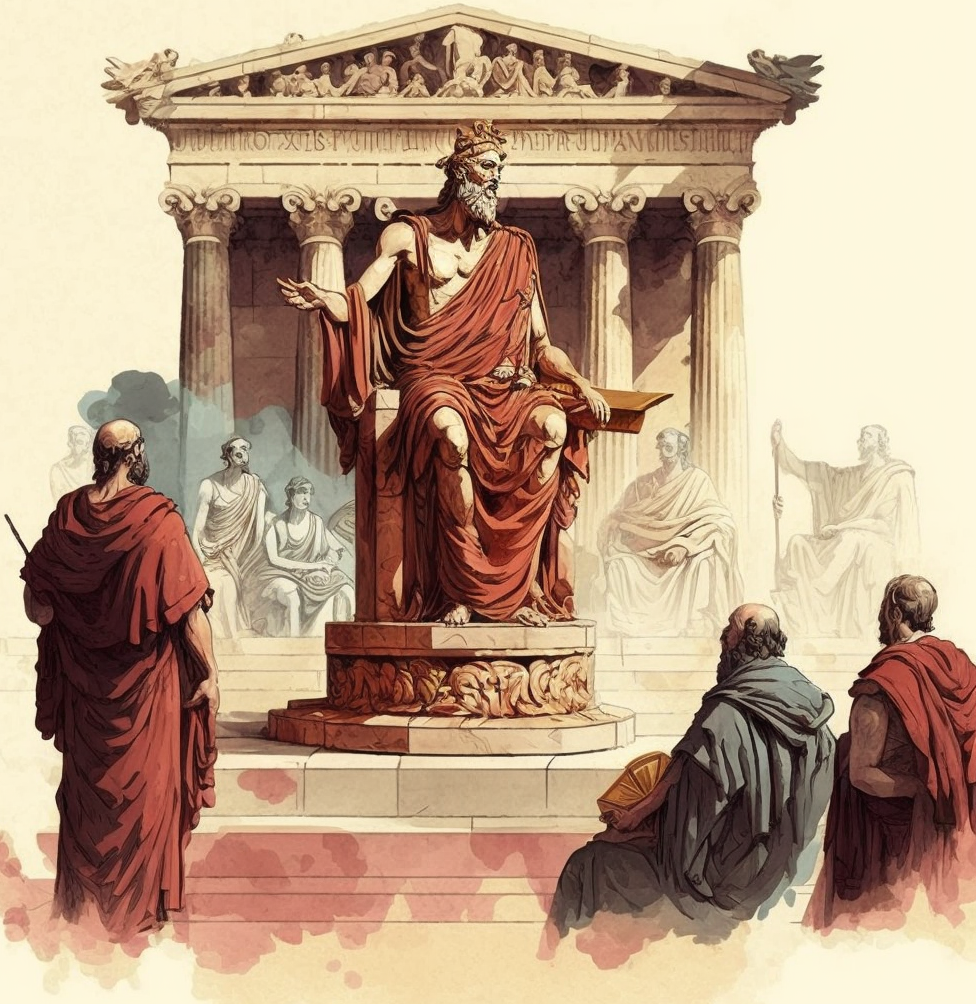
Over the centuries, different societies have had different ways of measuring the value of a person. Generally, the pagan world had three criteria of demonstrating the worth of an individual in the society.
By Jonah M. Makau *
Knowledge of those criteria is important if we have to avoid evaluating ourselves using the same parameters, and therefore putting pressure on ourselves to achieve certain elusive and many times worthless goals.
This is crucial because today, secularism is taking the world back to the pagan criteria of measuring the value of a person, where a person’s achievement display his worth more than anything else. Christianity has opened our eyes and proved that we are sons and daughters of God, destined for glorious end, but temporary living in this world as a passage. Unfortunately, the decline of people’s affiliation to spiritual realities, the rapid increment of materialism and the ever-increasing replacement of religion with psychology, are fueling the return to the “pagan” mentality as far as a person’s worth is concerned.
In the Greek world, there were three attributes that established the quality of a person. First, a man of substance had to have a noble origin. In other words, a person was a person of character if he belonged to the aristocracy. This could be obtained by birth, by service in the military or by bureaucratic means. Second, the quality of a person was measured through excellence education. Formal education created elites who were above the ordinary poor and illiterate people. Third, a person was measured through his achievements (activities he had done or through virtues he had demonstrated in his life). In other words, the great works of people spoke for them, usually elevating them in the social ladder.

These three qualities were used as indicators of the identity and value (worth) of a person. We find them also in the New Testament. For example, in Acts 22:3-4, St. Paul said, “I am a Jew, born at Tarsus in Cilicia”. He was telling the Jews that if nobility and value of a person were measured by being a Jew, then he had the necessary prerequisites, because he was a Jew as well. As far as education was concerned, he said that he had been taught by Gamaliel, one of the great teachers of the law at the time. As far as achievements were concerned, St. Paul noted that he had been very dutiful towards God, and that is why he had been persecuting the Christian by sending men and women in prison in chain.
In another instance (Phil. 3:10-11), St. Paul speak of his circumcision on the eighth day, to underline his Jewish origin and his belonging to the chosen people of God. He in fact said that he was a Hebrew born of Hebrew parents, and belonging to the tribe of Benjamin. As far as education is concerned, St. Paul spoke of having been a Pharisees. As far as achievements were concerned, he said that he was persecuting the Church. St. Paul wanted to tell the Jews that if that criteria of measuring the value of a person was right, then he was far much qualified in the eyes of people.
Today, St. Paul tells us what he told the Jews. Although he had all the grounds to boast like other people, he considered everything useless filth in comparison with the knowledge of Christ (Phil 3:8). He had realized the value of a person begins when he realizes his sonship to God. We too must discover that our value is linked and founded on our relationship with God. Our value has nothing to do with where we are born, the education we have received or the achievements we have attained in our life. All these give us temporary value, and only make us short-term heroes in the eyes of the people, but they are useless at the end, because they have no spiritual benefit.
True value of a person and heroism in Christian sense has nothing to do with being born in a special family, having a great formal education or having many worldly achievements. Such heroes die like anyone else, leave their achievements and become part of the forgotten lot. Discovering our value in the eyes of God makes us heroes. That is how saints became what they are today.
True Christian heroism means progressively becoming better persons every day, overcoming our weaknesses and conforming our lives to the plan of God, as expressed in the life of Christ. In a world where our short-lived achievements are trumpeted and advertised everywhere, St. Paul invites us to rediscover our sonship to God. In the Christian point of view, the saint unlike the pagan hero, is not born a hero, who is undefeatable. A saint is born weak, but aware of his fragility. He acquires progressive configuration in Christ, who is the supreme model of heroes. As such, he becomes a hero through the power and help of the Spirit of Christ. May we become such heroes.
* Fr. Jonah M. Makau, IMC, is taking a course of postulation in Rome.
